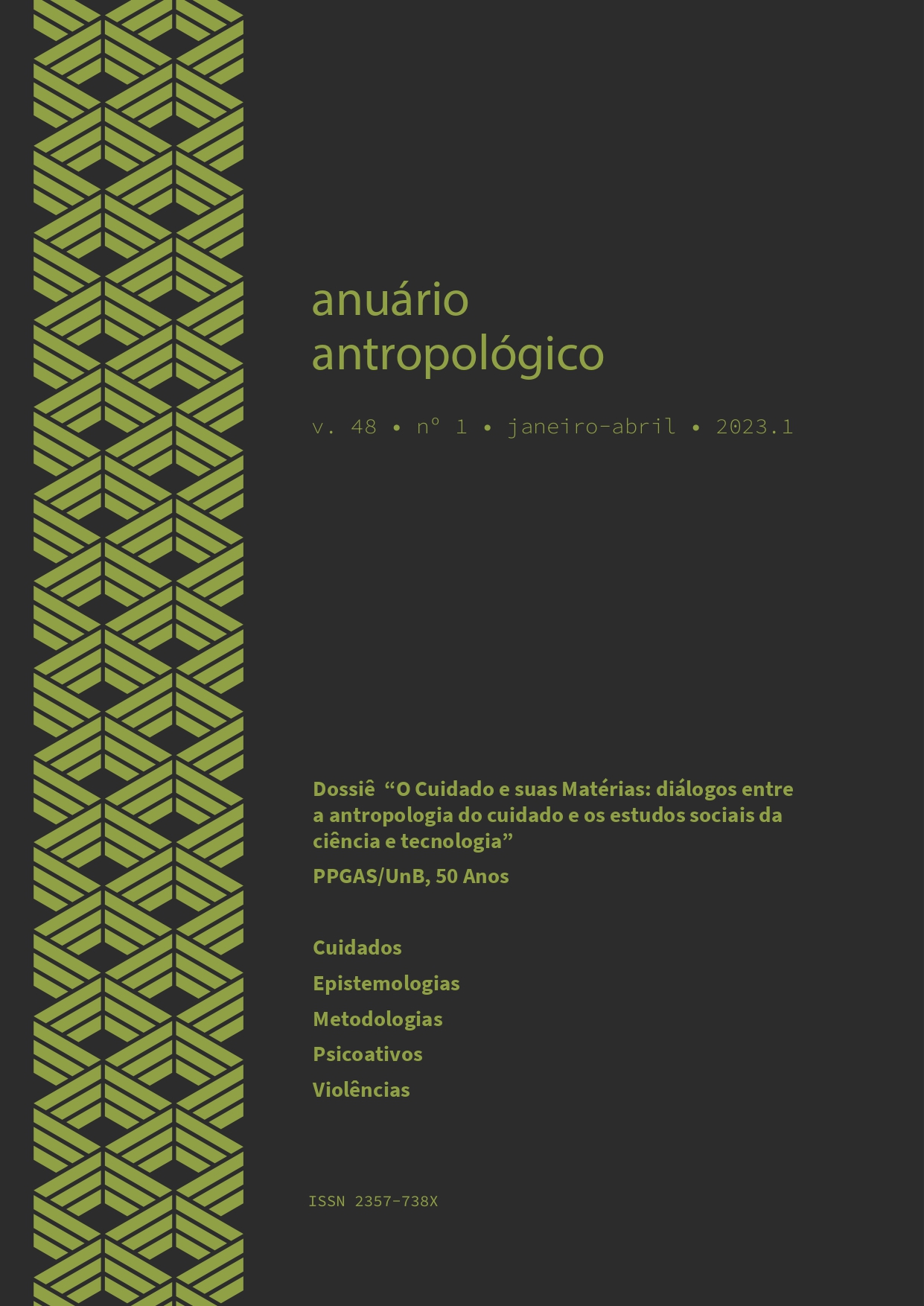Reply
DOI:
https://doi.org/10.4000/aa.10529Palavras-chave:
higher education, indigenous students, ecumenical anthropology, replyResumo
This is probably the first academic debate between interethnic anthropologists about the possible transformations of our discipline triggered by the arrival of indigenous practitioners. After glancing at texts written by indigenous people in other countries, I have not found anything similar, only the recurring – and perfectly understandable – issue of western colonization and its effects on indigenous peoples around the world. Native anthropologists from the United States, Canada, and elsewhere in the Americas expose their difficulties as native professionals in the academic milieu, but do not try to change the discipline. Important works, such as those by Linda Tuhiwai Smith (Maori, New Zealand), Margaret Kovach (First Nations, Canada), Shawn Wison (Cree, Canada), Gregory Cajete (Tewa, United States), and Devon Mihesuah (Choctaw, United States), among many others, focus on developing indigenous research methods. Important contributions as these are to improve knowledge in the academy, their goal is to devise scientific procedures apart from Western canons. In turn, we try to go a little farther. We bring up indigenous procedures to produce and acquire knowledge as an attempt to change certain traditional academic habits, particularly in anthropology.
Downloads
Referências
Cajete, Gregory. 2000. Native Science. Natural laws of interdependence. Santa Fe: Clear Light Publishers.
Fabian, Johannes. 1983. Time and the Other. How anthropology makes its object. New York: Columbia University Press.
DOI : 10.7312/fabi16926
Gadamer, Hans-George. 1975. Truth and Method. New York: Crossroads.
Kovach, Margaret. 2009. Indigenous Methodologies. Characteristics, conversations, and contexts. Toronto: The University of Toronto Press.
Kuhn, Thomas. 1962. The Structure of Scientific Revolutions. Chicago: The University of Chicago Press.
DOI : 10.1119/1.1969660
Lowenthal, David. 1985. The Past is a Foreign Country. Cambridge: Cambridge University Press.
Mihesuah, Devon A., org. 1998. Natives and academics. Researching and writing about American Indians. Lincoln: The University of Nebraska Press.
Smith, Linda Tuhiwai. 1999. Decolonizing Methodologies. Research and Indigenous Peoples. London: Zed Books.
Tocqueville, Alexis de. 2003. Democracy in America and Two Essays on America. New York: Penguin Books.
Wilson, Shawn. 2008. Research is Ceremony. Indigenous research methods. Halifax & Winnipeg: Fernwood Publishing.
Downloads
Publicado
Como Citar
Edição
Seção
Licença
Copyright (c) 2023 Anuário Antropológico

Este trabalho está licenciado sob uma licença Creative Commons Attribution-NonCommercial-NoDerivatives 4.0 International License.
https://creativecommons.org/licenses/by/4.0/legalcode.en
Creative Commons - Atribución- 4.0 Internacional - CC BY 4.0
https://creativecommons.org/licenses/by/4.0/legalcode.en



